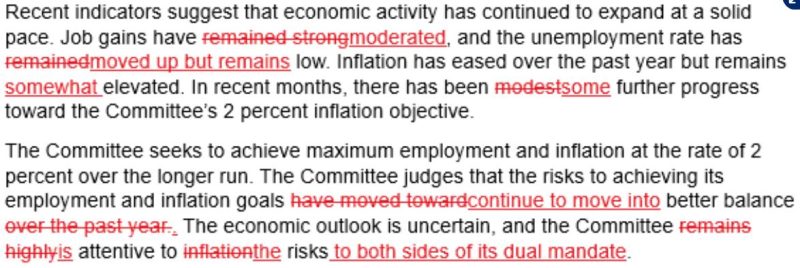Body:
The United States Federal Reserve, often known as ‘The Fed,’ plays a vital role in shaping the economic trajectory of the country and, by extension, the world economy. It is the institution responsible for setting monetary policy, controlling inflation, and managing the country’s money supply. However, recent policy decisions by the Central Bank have sparked a debate as to whether the Fed is unwittingly creating its own nightmare, with the American population as convenient puppets in a dicey financial play.
Firstly, it is pertinent to examine the role of the Federal Reserve. Over the years, the Fed has adopted various measures to stimulate economic activity, such as adjusting interest rates and steering the monetary policy. However, some of these steps have led to unintended consequences that sparked debates about the prudence of its actions.
Let’s turn our attention to the controversial quantitative easing measures. In the aftermath of the 2008 financial crisis, the Fed embarked on a quantitative easing program designed to kickstart the stalled economy. By purchasing large amounts of Treasury bonds and securities, the Fed pumped billions of dollars into the financial system. Although this policy initially helped salvage a crumbling economy, it has, in recent times, led to concerns about economic instability.
Quantitative easing has inadvertently led to asset bubbles in various markets, including real estate and stock markets. While it has kept interest rates low, making borrowing cheaper, it has also led to an exponential rise in debt levels amongst corporations and households. This has created an environment of artificial stability powered by debt, not real productivity or genuine economic growth. And as we become increasingly dependent on artificial financial props, we’re turning into involuntary puppets, our financial well-being and stability controlled by the puppeteer – the Fed.
Moreover, one cannot look away from the Fed’s role in contributing to the income inequality chasm, albeit indirectly. The benefits of the Fed’s low-interest-rate policies and quantitative easing measures have disproportionately gone to high-income individuals and big businesses, leading to an increase in income disparity. The wealthy have been able to capitalize on these policies via stock market investments and real estate accumulation, leaving the majority of average citizens behind.
In retrospect, the Fed’s inclination towards inflation might be becoming a self-created nightmare. The ‘transitory’ inflation narrative may not play out as intended due to supply chain disruptions, labor shortages, and significant government spending. If inflation surpasses the Fed’s targets and persists, it could lead to economic stagnation or worse, a recession. Again






























